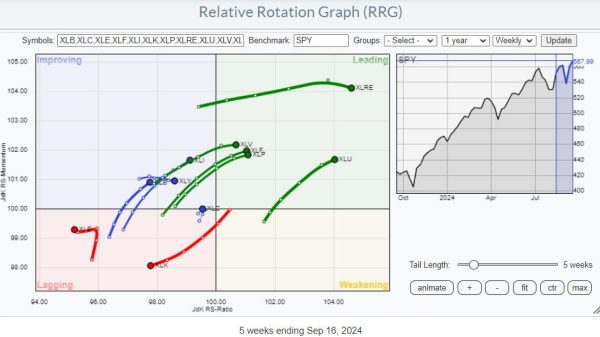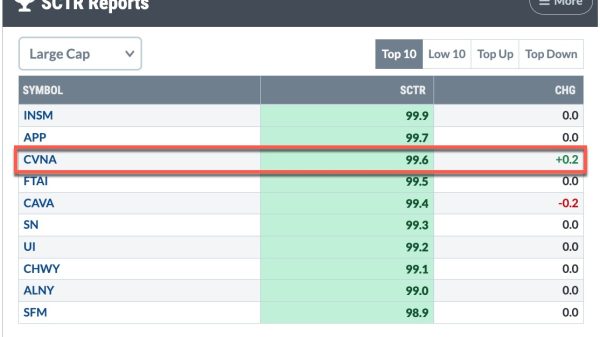Matthew Cavedon
According to his legal complaint, petitioner Roy Sargeant is a prison inmate who has cooperated with the government and therefore was entitled to be housed separately from non-cooperating inmates. Sargeant filed a grievance against a prison official after she commented on his sexual preferences and refused to give him books he had ordered. Sargeant further complained after respondent Aracelie Barfield, another prison official, spread news about the grievance. In retaliation, Barfield repeatedly put Sargeant into cells with violent prisoners. This led to fights between Sargeant and other inmates.
Sargeant sued Barfield, alleging that she violated his Eighth Amendment right to be free of cruel and unusual punishment, specifically by failing to protect him during his imprisonment. The district court dismissed his complaint.
On appeal, the Seventh Circuit held that failure-to-protect claims cannot be the basis for a suit for damages under the Supreme Court’s Bivens decision. Dissenting, Judge Hamilton wrote that constitutional rights are only as good as the remedies available for their violation. Sargeant is now seeking certiorari (legal review) from the Supreme Court.
Cato and the Law Enforcement Action Partnership filed an amicus brief in support of Sargeant’s petition. It observed that suits for damages are a potentially highly effective means of enforcing constitutional rights, exposing individual and systemic misconduct, and incentivizing policymakers to adopt needed reforms.
And contrary to the Seventh Circuit’s analysis here, allowing federal prisoners a monetary remedy when a rank-and-file prison official deliberately subjects them to the risk of inmate-on-inmate violence will not present “separation-of-powers concerns” by inviting courts to “interfere with” issues such as prison “housing policies.”
Federal prisoners are among our nation’s most vulnerable populations. It is precisely these people—who generally cannot vote, protest, or garner attention from the media—who are most dependent on the judicial system to vindicate their constitutional rights. The court should grant Sargeant’s petition and reverse the earlier decision.
























